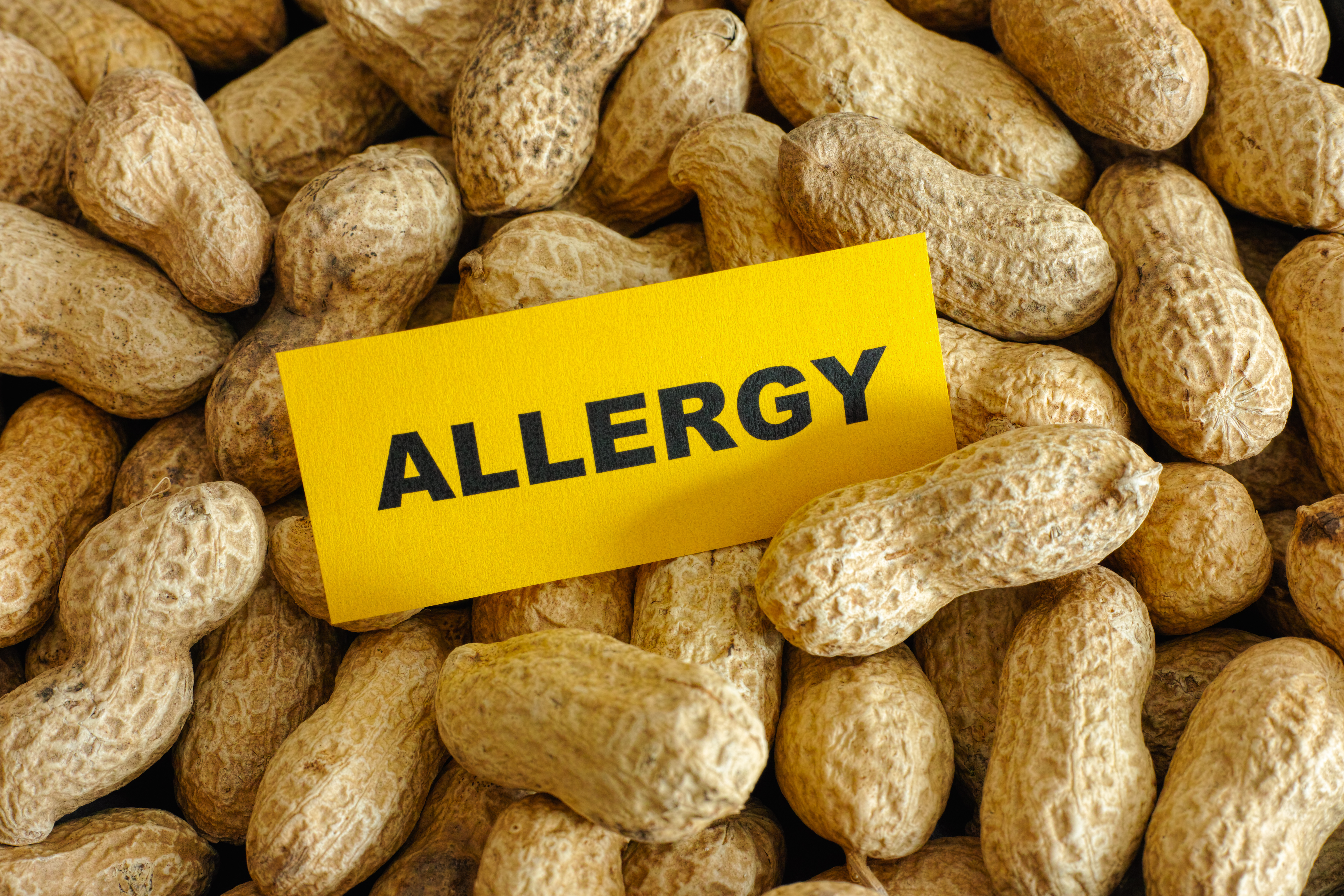Controlled ingestion of peanut protein could help build tolerance in peanut allergy sufferers.
Authors of a new study published in the New England Journal of Medicine have said that an oral immunotherapy drug which they tested could be the first FDA-approved medication of its kind for people with a peanut allergy. The medication, called AR101, is derived from peanut protein.
‘The results of this landmark trial are likely to lead to the first FDA-approved treatment for food allergy in 2019,’ said Christina Ciaccio, MD, MSc, Associate Professor of Paediatrics and Medicine at UChicago Medicine and study co-author.
‘At UChicago Medicine Comer Children’s Hospital, we were thrilled to be part of this pivotal trial and for the opportunity to change the lives of these children and their families.’
Researchers in 10 countries across North America and Europe conducted the trial, known as the Peanut Allergy Oral Immunotherapy Study of AR101 for Desensitisation trial, or PALISADE, for short. Of 496 eligible participants ages four-to-17, 372 received the AR101 oral medication, while the remainder received a placebo drug. At the end of the trial, more than two-thirds of the group taking the active drug were able to tolerate a dose of peanut protein equivalent to about two peanut kernels.
According to the study, oral immunotherapy for peanut allergy has been recommended against in most clinical settings because past trials have been limited by small sample sizes and differing methodologies. The PALISADE trial has shown, however, that oral immunotherapy is a reasonable treatment option. Participants of the PALISADE trial were instructed to continue the standard of care for peanut allergy, which meant eliminating peanuts from their diets and carrying self-injectable epinephrine (an emergency medical treatment for accidental exposure).
Qualifying participants started with a one-day supervised increase in dosage from 0.5 mg of peanut protein up to 6 mg, an increase every two weeks from 3 mg to 240 mg and a 24-week ‘maintenance phase’ at 300 mg. When adverse reactions occurred, the study protocol allowed for adjustments to the dosing schedule. Compared to the placebo group, participants who took AR101 had less severe allergy symptoms.
‘Before this treatment, families having been living with constant anxiety that one wrong bite, will send their loved one to the emergency room, or worse. Now, we have a safety net that we can provide to kids that will prevent an allergic reaction if they accidentally take a bite of a peanut-containing food.’







